I am trying to write a program that will dynamically allocate enough space to store all the words in a 1D char array separated by a space. ex:
char *literal = "The quick brown fox";
char **words = { "The", "quick", "brown", "fox" };
The program I wrote keeps segfaulting when trying to strncpy(str[buff_ptr],tok,strlen(tok));
I will post my code bellow:
#include <stdio.h>
#include <stdlib.h>
#include <string.h>
char *mutableString(char *lit) {
int size = strlen(lit);
char *str = (char *)malloc(sizeof(char) * size);
strncpy(str, lit, size + 1);
return str;
}
int numTokens(char *str, const char *DELIM) {
char* clone = (char*)malloc(sizeof(char*));
strncpy(clone, str, strlen(str) + 1);
int count = 0;
for (char *tok = strtok(clone, " "); tok != NULL; tok = strtok(NULL, " "))
count++;
free(clone);
return count;
}
char **tokenize(char *str, const char *DELIM) {
printf("tokenize-------------------------\n");
int size = numTokens(str, DELIM);
//allocate space on heap for buffer
char **buff = (char **)malloc(size * sizeof(char *));
//get first word
char *tok = strtok(str, DELIM);
int buff_ptr = 0;
while (tok != NULL) {
strncpy(buff[buff_ptr], tok, strlen(tok) + 1);
printf("buff[%d]%s\n", buff_ptr, buff[buff_ptr]);
//increment to next word for storage
buff_ptr++;
//find next word in string
tok = strtok(NULL, DELIM);
}
for (int i = 0; i < size; i++) {
printf("%s\n", buff[i]);
}
//return 2D pointer
return buff;
}
int main() {
char *literal = "some literal string.";
//convert string to mutable string for strtok
char *str = mutableString(literal);
//set 2D pointer equal to the pointer address returned
char **no_spaces_str = tokenize(str, " ");
printf("%s\n", str);
for (int i = 0; i < numTokens(str, " "); i++) {
printf("%s\n", no_spaces_str[i]);
}
//free heap allocated memory
free(str);
free(no_spaces_str);
return 0;
}
Please see attachment of lldb stack variables:
